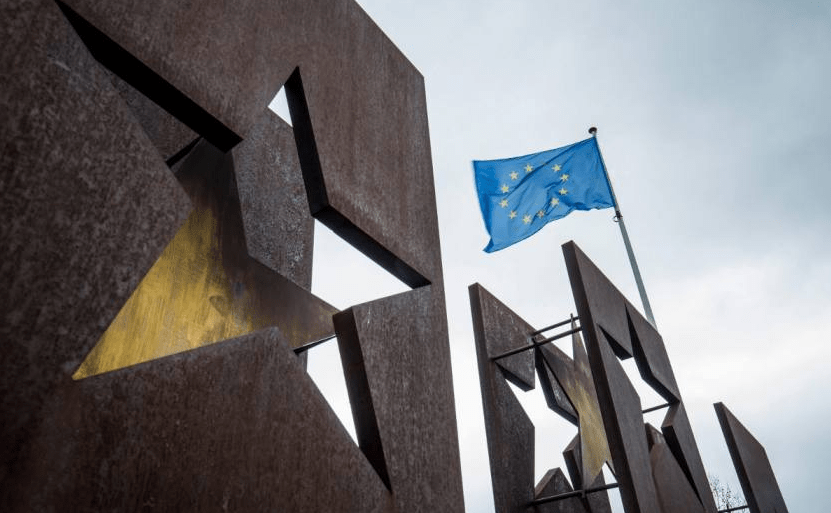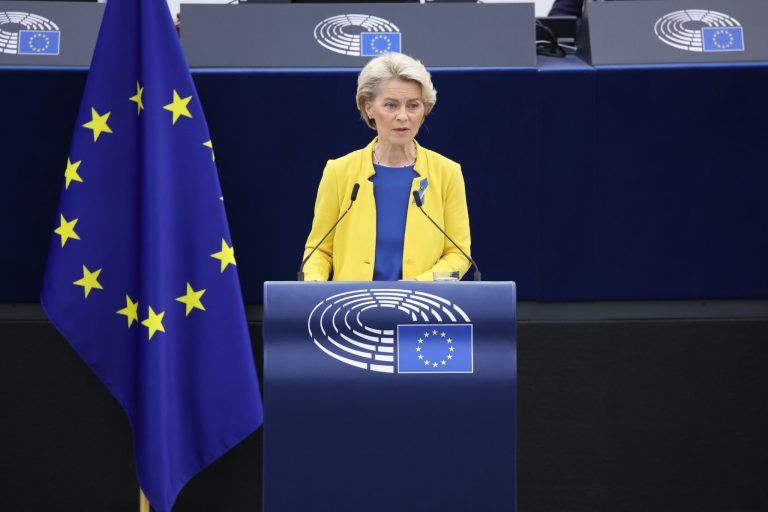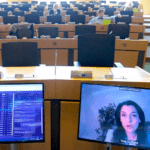Today, the Commission is presenting the new Single Market Emergency Instrument (SMEI). This crisis governance framework aims to preserve the free movement of goods, services and persons and the availability of essential goods and services in the event of future emergencies, to the benefit of citizens and businesses across the EU.
While the Single Market has proven to be our best asset in crisis management, the COVID-19 pandemic has highlighted structural shortcomings hampering the EU’s ability to effectively respond to emergency situations in a coordinated manner. Unilateral measures caused fragmentation, worsening the crisis and affecting particularly SMEs.
The Single Market Emergency Instrument complements other EU legislative measures for crisis management like the Union Civil Protection Mechanism, as well as EU rules for specific sectors, supply chains or products like health, semiconductors or food security, which already foresee targeted crisis response measures. It establishes a well-balanced crisis management framework to identify different threats to the Single Market and ensure its smooth functioning by:

SOTEU 2022: Commission proposes emergency market intervention to reduce bills for Europeans |
- Creating a crisis governance architecture for the Single Market: A new mechanism to monitor the Single Market, identify different levels of risk and coordinate an appropriate response comprising several stages – contingency, vigilance and emergency modes. First, the contingency planning framework enables the Commission and Member States to set up a coordination and communication network to increase preparedness. Subsequently, when a threat to the Single Market has been identified, the Commission can activate the vigilance mode. Finally, in case of a crisis with a wide-ranging impact on the Single Market, the Council can activate the emergency mode. An advisory group, comprised of the Commission and Member States, will be established to assess a given situation and recommend the most suitable response measures. It will play an essential role throughout the whole process.
- Proposing new actions to address threats to the Single Market: In vigilance mode, the Member States in cooperation with the Commission would focus on monitoring supply chains of identified, strategically important goods and services as well as on building up strategic reserves in these areas. When the emergency mode has been activated, free movement in the Single Market will be upheld through a blacklist of prohibited restrictions and, more generally, through reinforced and rapid scrutiny of unilateral restrictions. The Commission may also recommend Member States to ensure the availability of crisis-relevant goods by facilitating the expansion or repurposing of production lines or accelerating permitting. Finally, it may also recommend Member States to distribute the strategic reserves built during the vigilance phase in a targeted manner. New rules will also apply to facilitate public procurement of relevant goods and services by the Commission on behalf of the Member States both in vigilance and in emergency modes.
- Allowing last-resort measures in an emergency: Under extraordinary circumstances, and only when the emergency mode has already been activated, the Commission may also make use of tools which will require a separate activation step. In this case, the Commission may issue targeted information requests to economic operators, which can be made binding. It may also ask them to accept priority rated orders for crisis-relevant products, in response to which firms must either comply or explain the grave reasons justifying refusal. Furthermore, the accelerated placing on the market of certain products through quicker testing and accreditation, including through conformity assessment, will ensure their availability during emergencies. Rules permitting such derogations are laid down in separate proposals for a Regulation and a Directive amending a number of product-specific regulatory regimes, which accompany the SMEI Regulation.
Next Steps
The proposals will now be discussed by the European Parliament and Council of the European Union. After adoption by the co-legislators, the Regulations will enter into force on the twentieth day following their publication in the Official Journal of the European Union.
More information: European Commission








Leave a Reply